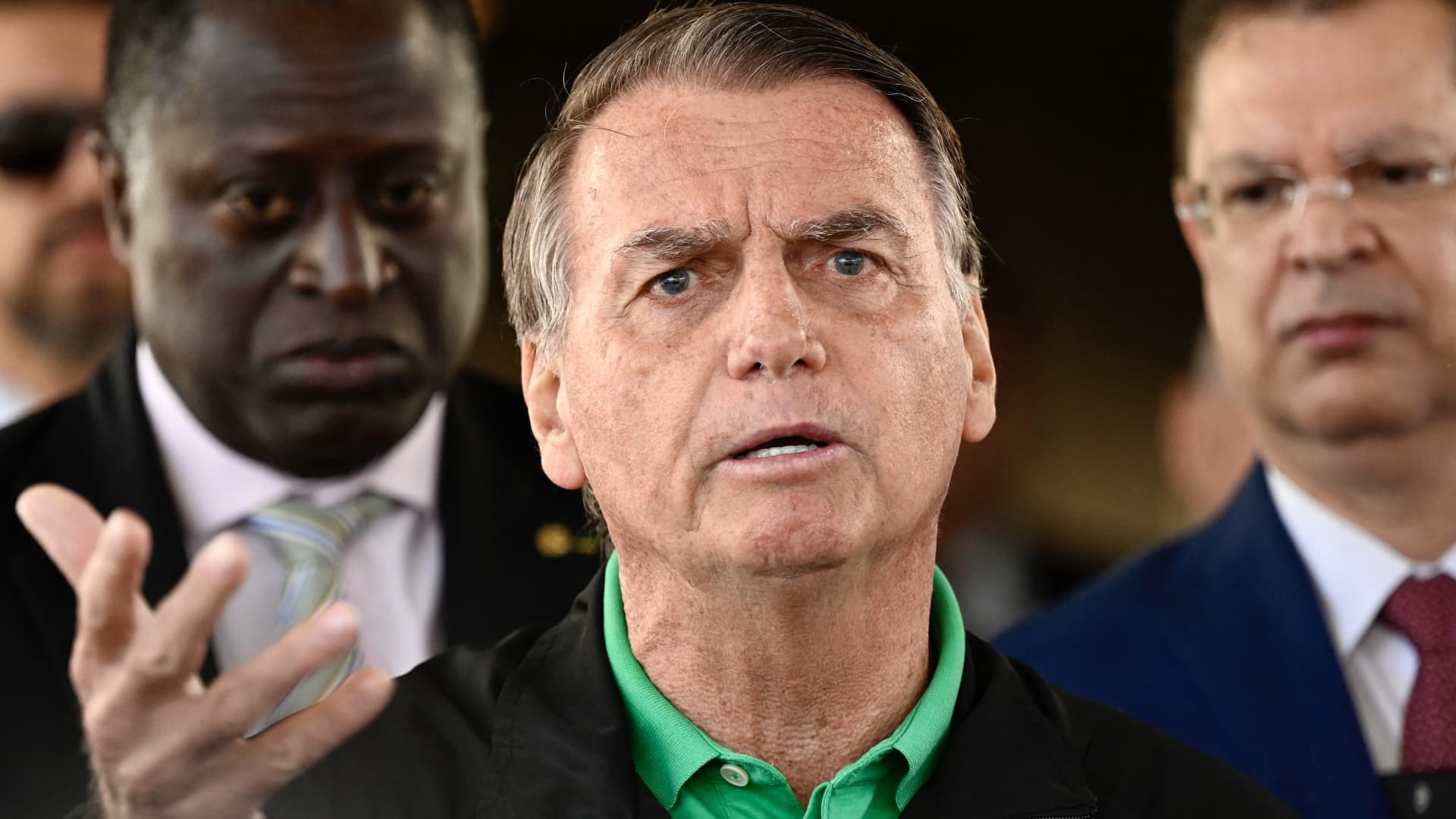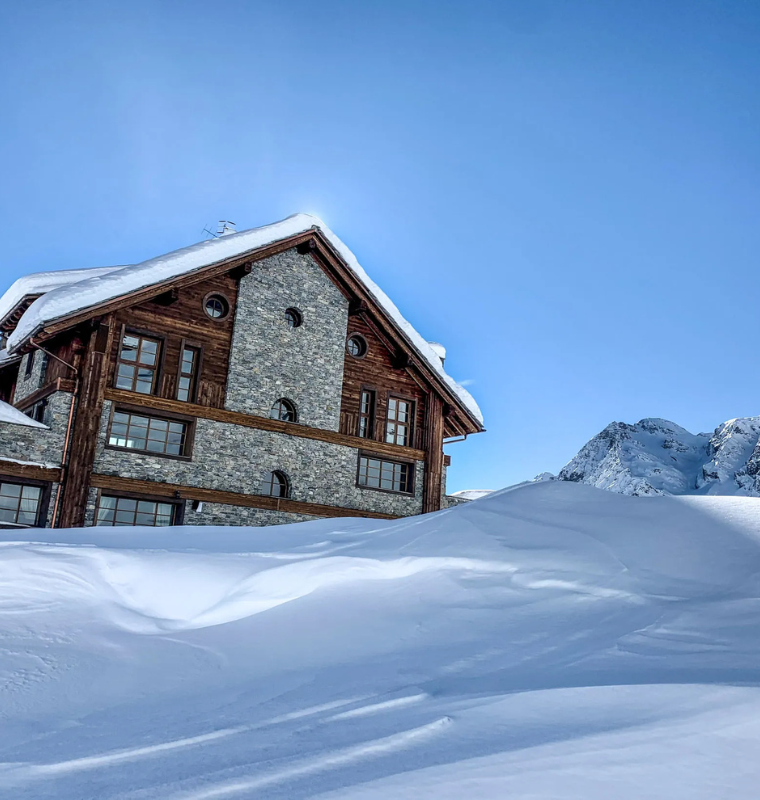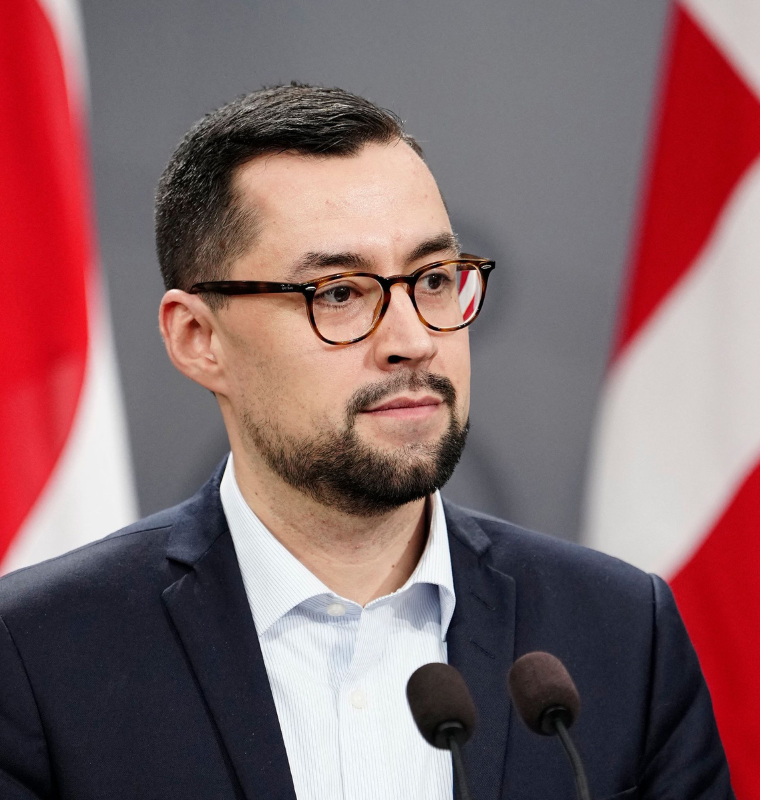U.S. Threatens Action Over Bolsonaro’s 27-Year Sentence in Brazil
U.S. Threatens Action Over Bolsonaro’s 27-Year Sentence in Brazil
By
Calder Monroe
Last updated:
September 12, 2025
First Published:
November 30, 2025

Former Brazilian President Jair Bolsonaro speaks to the press at the Federal Senate in Brasilia on July 17, 2025. | Mateus Bonomi | Afp | Getty Images
U.S. Condemns Bolsonaro Verdict as Political Persecution
Tensions between Washington and Brasília reached new heights Thursday after U.S. Secretary of State Marco Rubio warned the United States would “respond accordingly” to what he described as a politically motivated “witch hunt” against former Brazilian President Jair Bolsonaro.
Bolsonaro, 70, was sentenced by Brazil’s Supreme Court to 27 years and three months in prison for allegedly plotting a military coup to overturn the results of the 2022 election. The historic ruling marked the first time in Brazil’s modern history that a former president has been convicted of attempting to undermine democracy.
Rubio blasted the verdict as “unjustly ruled,” accusing Brazilian Supreme Court Justice Alexandre de Moraes of orchestrating “political persecutions.” De Moraes, who presided over the case, was previously sanctioned by the U.S. Treasury Department in late July for alleged human rights violations — a move that already strained bilateral ties.
Trump-Backed Tariffs Deepen the Diplomatic Rift
The sentencing came just hours after former U.S. President Donald Trump imposed steep new tariffs of up to 50% on most Brazilian imports, citing Brazil’s prosecution of Bolsonaro. The sudden move jolted markets and triggered outrage from Brazilian President Luiz Inácio Lula da Silva, who denounced the tariffs as a “blatant violation” of Brazil’s sovereignty.
Da Silva fired back on social media, declaring that Brazil “will not accept anyone’s control” and warning that any “unilateral tariff increases” would be met with retaliation. He also disputed Washington’s claims of a trade deficit, pointing to U.S. customs data showing a cumulative U.S. trade surplus with Brazil of about $410 billion over the past 15 years. According to U.S. Census data, America has recorded a $154 billion surplus in goods trade with Brazil from 2010 to 2024 alone.
Bolsonaro Camp Pushes for U.S. Intervention
Bolsonaro, a longtime ally of Trump, has actively sought Washington’s intervention in his legal battle. Last month, his son — a sitting Brazilian congressman — traveled to Washington to meet with U.S. Treasury Secretary Scott Bessent, reportedly urging new sanctions against Brazilian officials involved in his father’s trial.
Analysts say Bolsonaro’s allies are banking on the U.S. to pressure Brasília through financial and trade measures, including possible escalations of tariffs or suspensions of existing trade exemptions.
Brazil Defends Judicial Independence
President da Silva has firmly rejected foreign involvement, stressing that Brazil’s judiciary alone has the authority to rule on matters of national security and democracy. He called the prosecution of coup plotters “a matter solely for the Brazilian justice system” and said it should remain “free from any inference or threats that undermine national institutions.”
The court found Bolsonaro guilty of orchestrating a military-backed plan to assassinate da Silva and install himself in power after losing the 2022 election. Four out of five justices voted to convict him.
Bilateral Relations Hit Lowest Point in Decades
Market analysts warn that the U.S.-Brazil relationship has plunged to its worst level in decades. Morningstar reported that the fallout from Bolsonaro’s conviction is likely to trigger further U.S. actions, including additional tariff hikes, revoking existing trade preferences, and expanding sanctions against Brazilian government members.
“The relationship is set to worsen before it gets better,” the firm noted, warning investors to brace for increased trade volatility between the two Western Hemisphere powers.
For now, Washington has stopped short of announcing concrete retaliatory measures, but Rubio’s threat to “respond accordingly” signals that the United States may soon escalate economic pressure — potentially reshaping trade flows and geopolitical dynamics across Latin America.
Popular articles
Subscribe to unlock premium content
Snow, Silence, and Splendor

The $60 Million Market for Ultra-Exclusive Executive Pop-Up Experiences

Conquering the Poles in Absolute Luxury

Snow, Silence, and Splendor

The $60 Million Market for Ultra-Exclusive Executive Pop-Up Experiences

Snow, Silence, and Splendor









